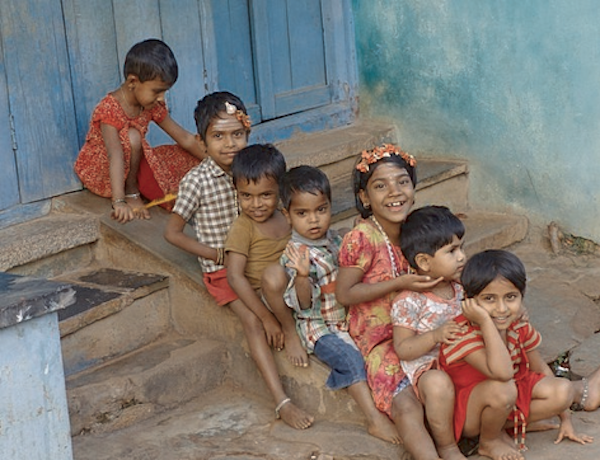
Height is correlated with cognitive achievement, wages, and even lifespan. This is because height in part reflects a person’s early life health environment: children who receive better nutrition and have fewer childhood diseases grow taller, on average, than children who are less well-nourished and more often ill. The relationship between height and cognitive achievement is especially steep in poorer countries, where child health problems are more severe and varied than in richer countries.
Child height is therefore a useful tool for understanding inequality, both across countries and within countries. Child height in India has received attention from the academics and non-governmental organizations (NGOs) because children in India are shorter than would be predicted by the country’s economic conditions.
Yet, few have investigated disparities in child height within India. In a recent study, my co-authors Ashwini Deshpande, Jeffrey Hammer, Dean Spears, and I set out to fill this gap by asking the question: does average child height in India vary by caste and tribal status? If so, why?
Continue Reading…